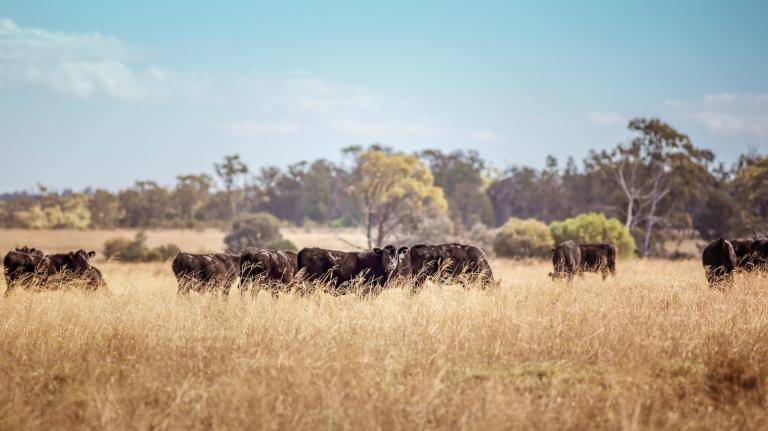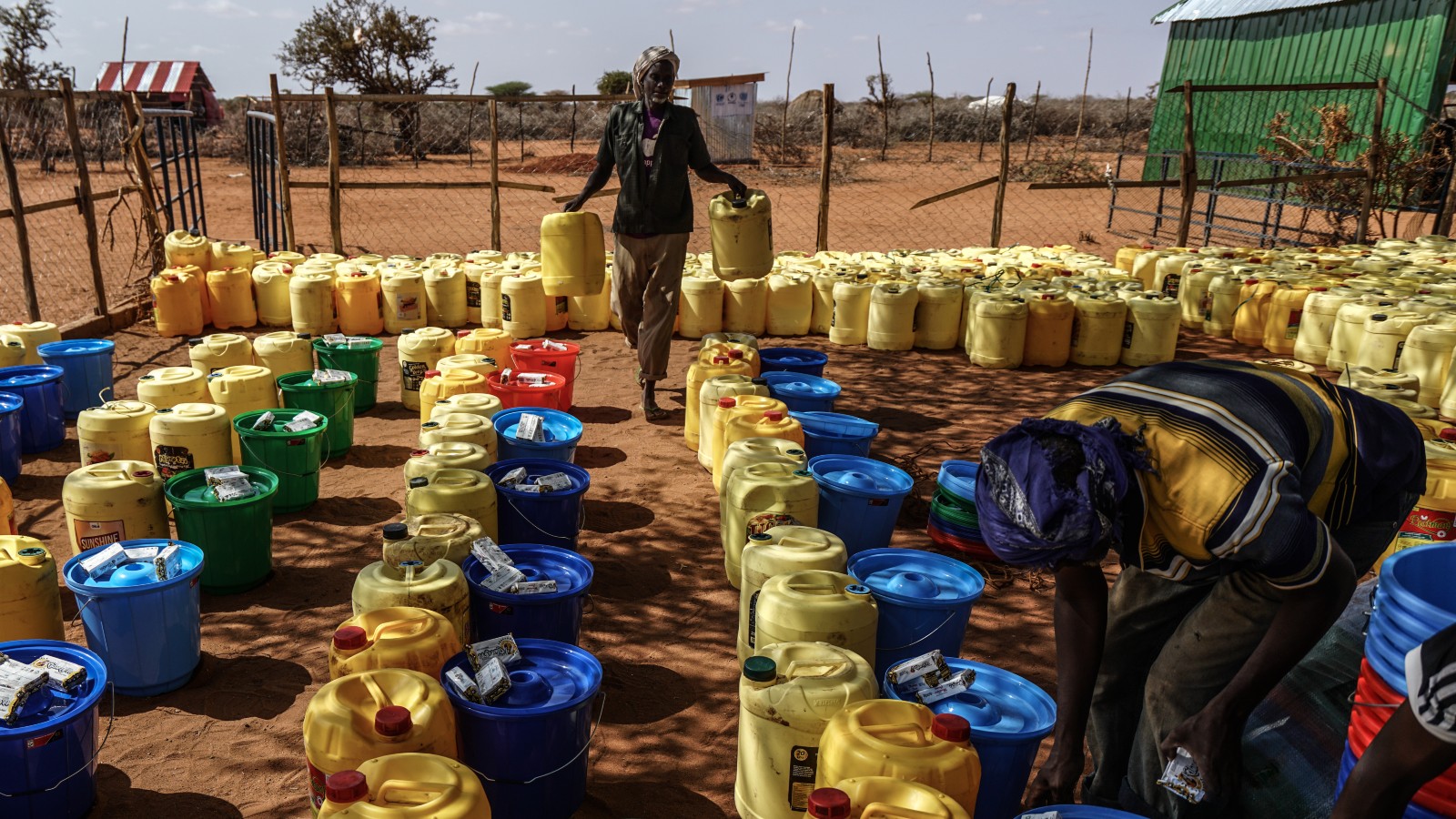World leaders are gathering in New York this week for the United Nations Water Conference to negotiate a Water Action Agenda, the first in almost 50 years, as countries struggle with drought and water pollution. The conference serves as a midway check-in point for the International Decade for Action “Water Sustainable Development”. Since 1977, when the first UN Water Conference was held in Argentina, the Earth’s population has nearly doubled, and access to clean water is one of the top risks facing the planet.
During the conference, nations will be discussing items like the Sustainable Development Goal on Water and Sanitation, international water cooperation, and resilience and disaster risk reduction. The hope is leaders will create a workable water action agenda that can then be implemented and kept in check.
But Indigenous leaders have demanded a seat at the table, citing historic exclusion of Indigenous voices in international decision making. In a declaration sent to the UN this week, representatives from Indigenous nations, communities and organizations have requested attendees address additional points of discussion to their agendas, including violence against water protectors and protesters, the monetization and capitalization of water, and the inclusion of Indigenous leaders in water-based decisions that affect their lands and communities.
“I want governments to understand and be open to negotiations with Indigenous peoples and including Indigenous peoples through the framework of the UN declaration of Indigenous People’s Rights and all of the UN applicable declarations,” said Juan Leon Alvarado, who is Maya K’iche from Guatemala, and a human rights and biodiversity consultant for the International Indian Treaty Council. “We want Guatemala and other governments to respect Indigenous people’s rights instead of killing and criminalizing them.”
Nearly a quarter of the world’s population doesn’t have access to clean drinking water, and between 2007 and 2014, UN human rights treaty bodies addressed mining, oil and gas extraction, and logging projects with adverse effects on Indigenous communities in 34 countries, with almost half of those cases having serious impacts on water.
More than a fifth of the world’s basins have recently undergone rapid fluctuations in surface area. Additionally, over the past 300 years, over 85% of the planet’s wetlands have been lost. Wetlands are critical pieces of the world’s delicate ecosystems, are considered to be the most biologically diverse of all ecosystems, and are breeding grounds for 40% of the world’s plant and animal species. The UN reports these changes in basins and wetlands are due to population growth, changes to land cover and land use, and climate change. Leon Alvarado said Indigenous peoples worldwide should be in the conversation to address these issues.
“Most Indigenous peoples guard water and other resources, like mountains, biodiversity and other knowledge,” Leon Alvarado said. “The government doesn’t respect the knowledge, practice, organization and the old ways that Indigenous peoples use and other measures they take to have clean water.”
Leaders at the UN Water Conference will discuss how to substantially increase water-use efficiency, how to ensure sustainable withdrawals and supply of freshwater, and how to strengthen the participation of local communities in improving water and sanitation management.
In North America, more than 900 water protectors and rights defenders in the U.S. and Canada still face legal action for protesting oil and gas pipeline developments.




